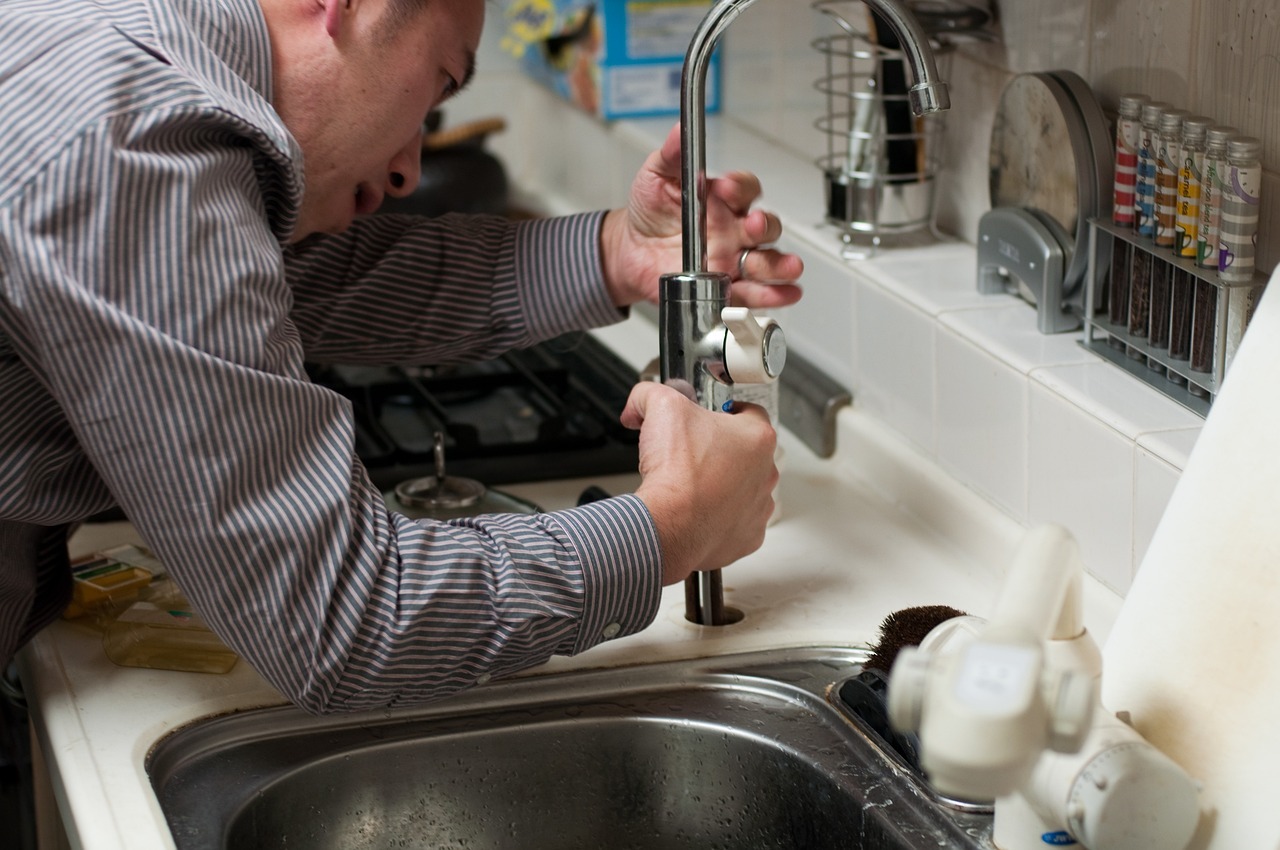Taking note of the intricacies tied to your home’s plumbing can unlock the door to more eco-healthy living. U.S. Environmental Protection Agency statistics say up to 180 gallons of water can be saved weekly in households via minor adjustments and care for the plumbing system. As such, by learning about and implementing plumbing preservation practices, you’re not only aiding environmental conservation but also creating a healthier, cost-efficient space.
Awareness about Water Usage
Knowing how much water you’re actually using every day is the first step towards better plumbing maintenance. Installing products like water meters can allow tracking of household water usage patterns accurately. This knowledge helps in detecting and fixing any leaks or excessive use promptly.
Preventing Faucet Leakages
Faucet leakages are responsible for a significant percentage of home water waste. By checking faucets routinely and repairing any leaks found, not only does this save on your monthly utility bills but it also conserves valuable water resources and promotes a healthier environment.
Maintaining Shower Efficiency
Maximizing your shower’s efficiency is an excellent way to make your living space more eco-friendly. Consider installing water-saving shower heads and taking shorter showers to significantly reduce water consumption.
Regular Plumbing Inspections
Regular inspection of your home’s plumbing network is critical. Professional plumbers will clean your pipes, locate hidden leaks, clear blockages and ensure everything operates as intended. Doing so prevents larger issues down the line and contributes to efficient water use.
The Impact of Water Temperature
Setting appropriate temperatures on your water heater enhances energy efficiency. Extremely high settings waste energy, inflate utility costs and may result in scalding burns. The Department of Energy suggests 120 degrees Fahrenheit as the most efficient water heater setting.
Energy-Efficient Appliances
Appliances that save both water and energy are a good investment for your home. Washer and dishwasher models certified by Energy Star offer better energy consumption rates and optimized water usage, providing significant long-term savings while promoting environmental sustainability.
Preventative Pipe Maintenance
Preventive maintenance helps to keep pipes in optimal condition. Consider scheduling professional pipe cleaning services at regular intervals to prevent blockages. Regular cleaning promotes correct flow, reduces strain on the plumbing system and conserves water resources.
Correct Disposal of Waste
Your plumbing system’s longevity is also determined by the manner in which waste is disposed of. Incorrect disposal of grease, food particles, chemicals and such can cause serious damage to both your plumbing system and the environment. Use garbage cans over drains whenever possible.
Low-Flow Toilet Upgrades
Upgrading to a low-flow toilet decreases your household’s total water consumption significantly. According to EPA estimates, replacing older toilets with WaterSense labeled models can save approximately 13,000 gallons of water per toilet annually.
Avoiding Chemical Drain Cleaners
Avoid chemical drain cleaners whenever possible. Their harsh ingredients cause damage to your pipes over time while harming the environment. Instead, consider safer DIY methods or professional plumbing services to unclog drains.
Gut Check: The Importance of Gutters
Maintaining gutters free of blockages aids in preventing home plumbing issues. A functional gutter system prevents overflow during heavy rain that could compromise foundation integrity or cause basement flooding. An annual inspection and clean should suffice to keep gutters flowing smoothly.
The Relevance of Outdoor Plumbing
It’s essential not to overlook outdoor plumbing. Regular checks on outdoor faucets and garden hoses, draining them before winter arrives, can assist in preventing major leaks or pipe bursting issues, thereby preserving water and ensuring a green living space.
The Power of Plant Placement
Strategic plant placement is crucial in eco-friendly home planning, as root intrusion is a main cause of pipe damage. Steer clear of planting large shrubs or trees near underground plumbing to curb potential damage risks.
The Role of Professionals
Hiring certified professionals for complex plumbing tasks assures the job is done correctly at once, limiting chances for recurrent problems, waste or harm to the environment. They should be your go-to for any issues outside the realm of simple DIY adjustments.
Educating Household Members
Finally, it’s important to promote education about plumbing preservation within the household. This includes teaching younger members about the responsible use of water and the importance of reporting any leaks or issues immediately.
A Greener Tomorrow
Applying preservation tips within your household plumbing network can make an immense difference in conserving resources for future generations; it makes your living space more eco-healthy and economical. Adopting these practices will ultimately aid in the transformation towards a more efficient, greener lifestyle using this immeasurable resource wisely indeed helps in securing a sustainable future.

